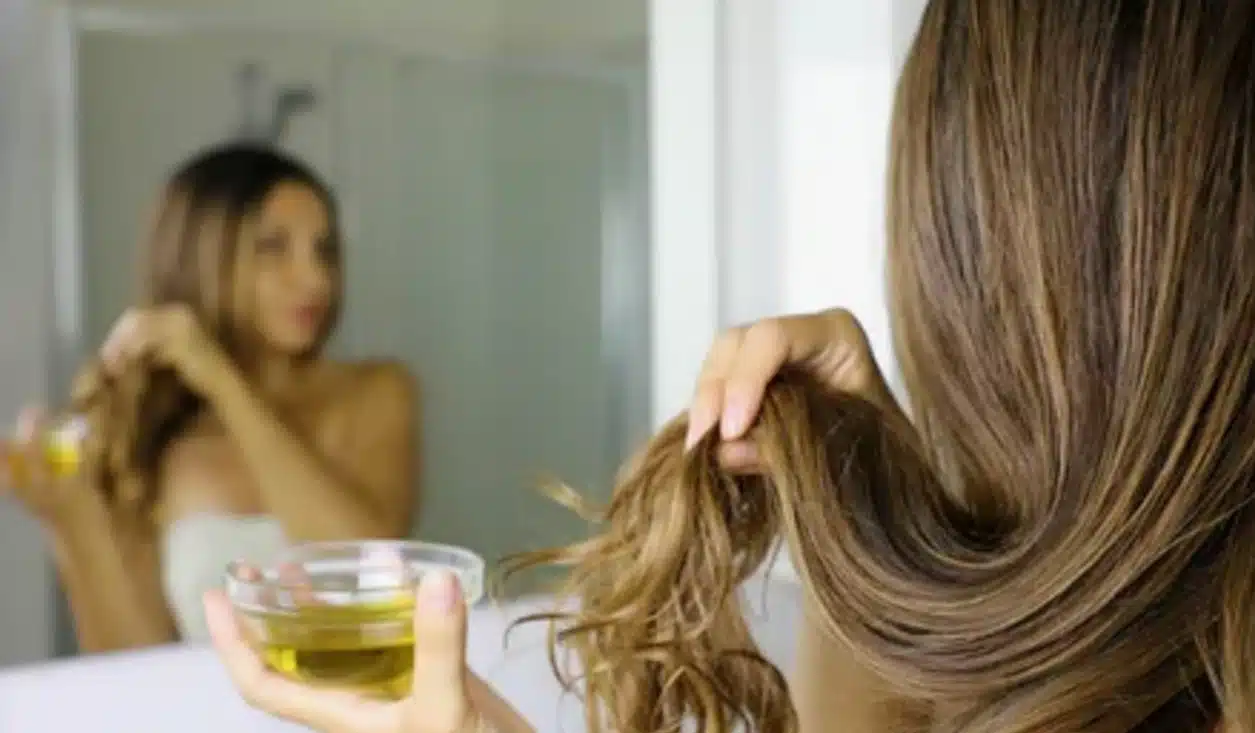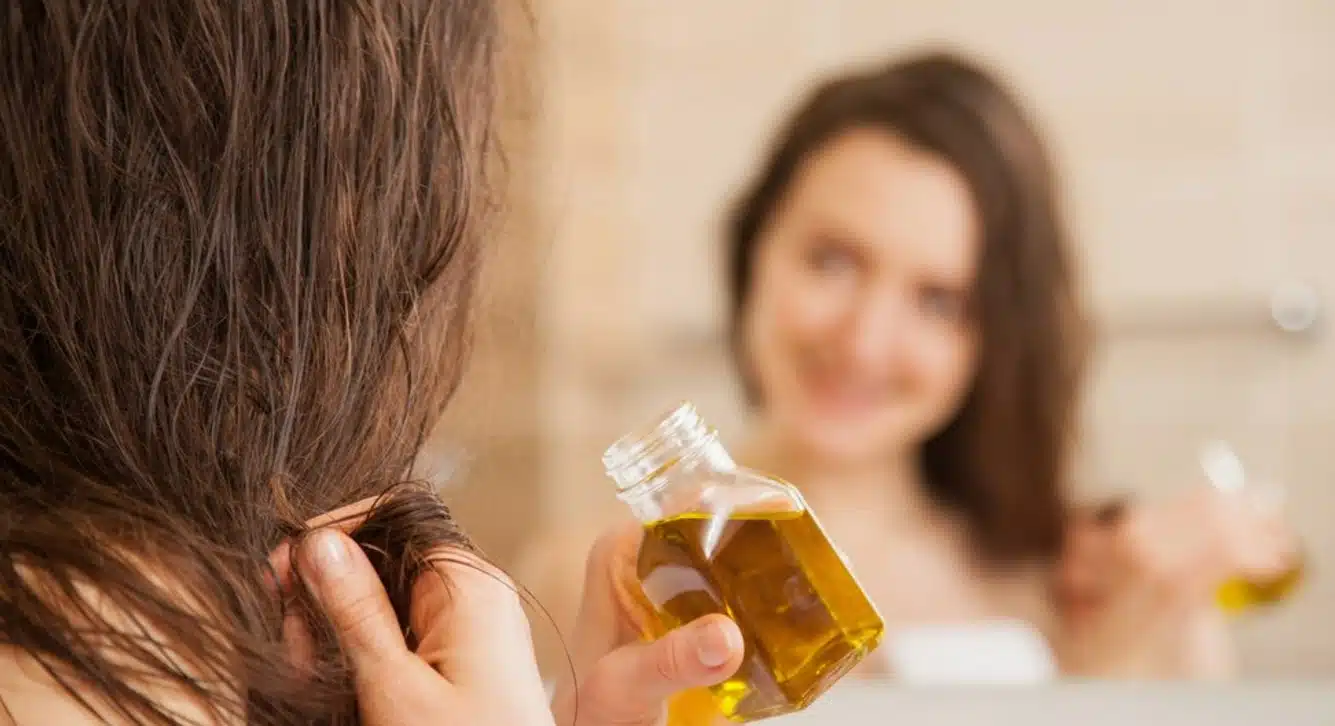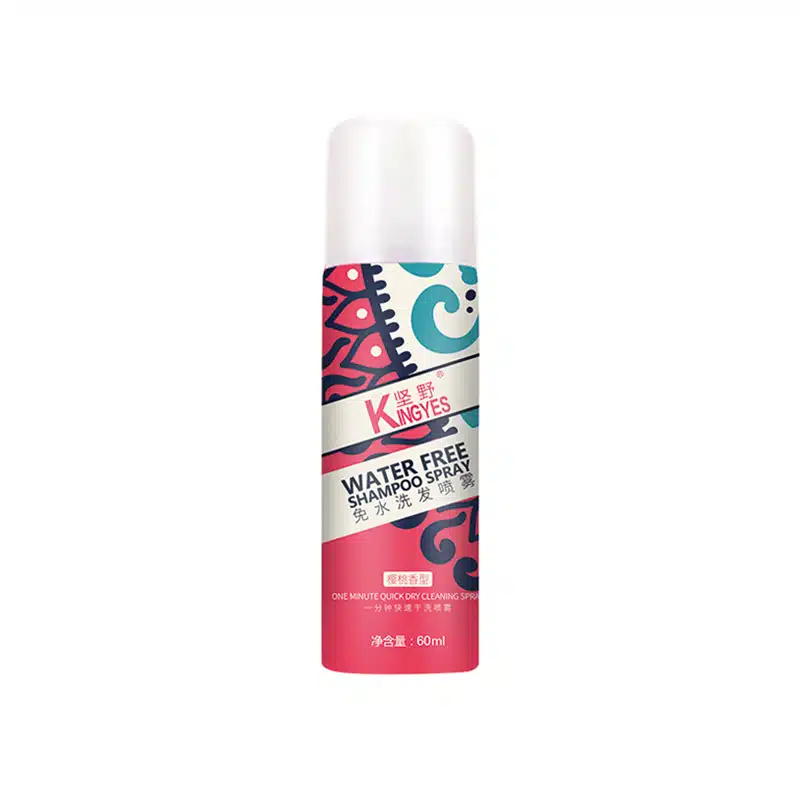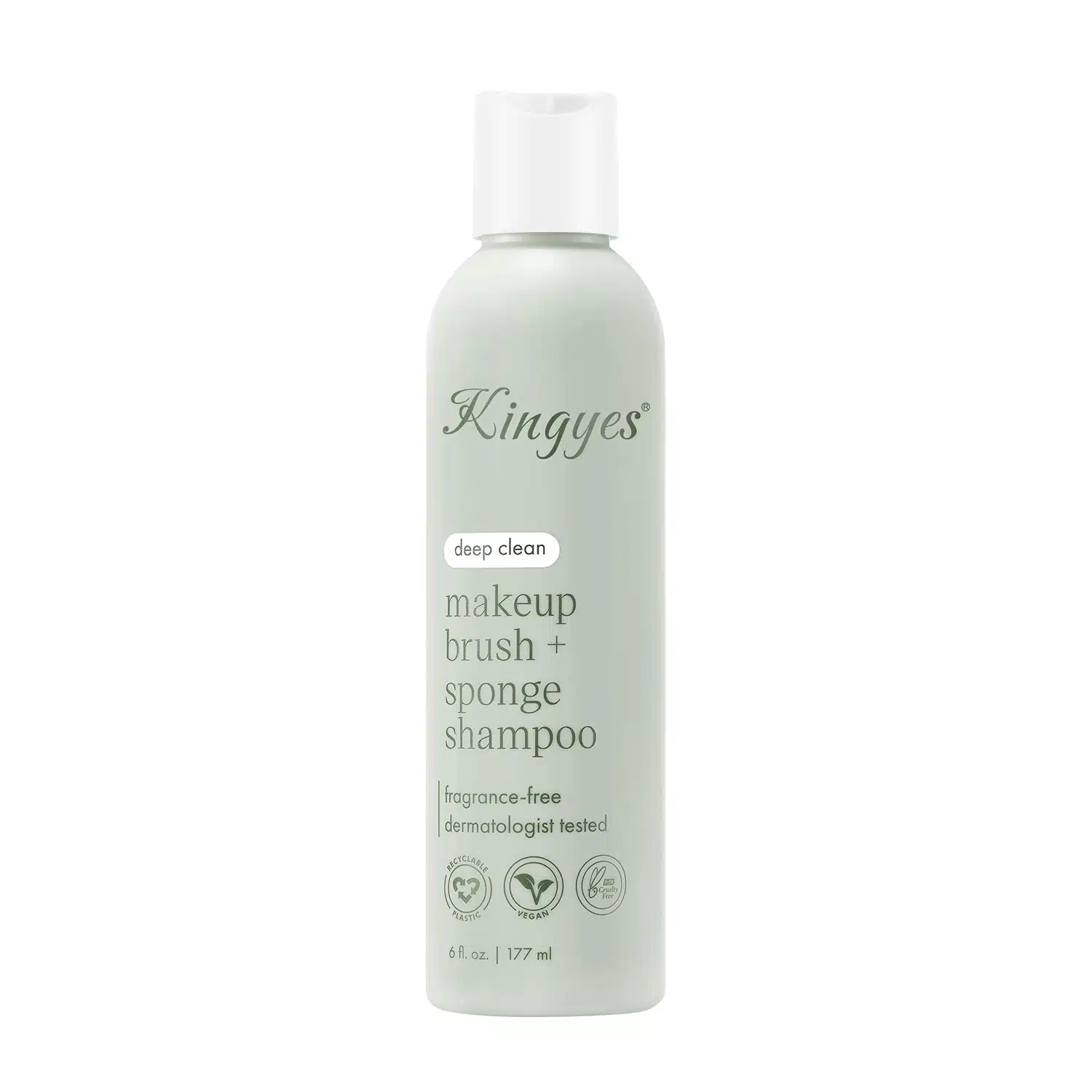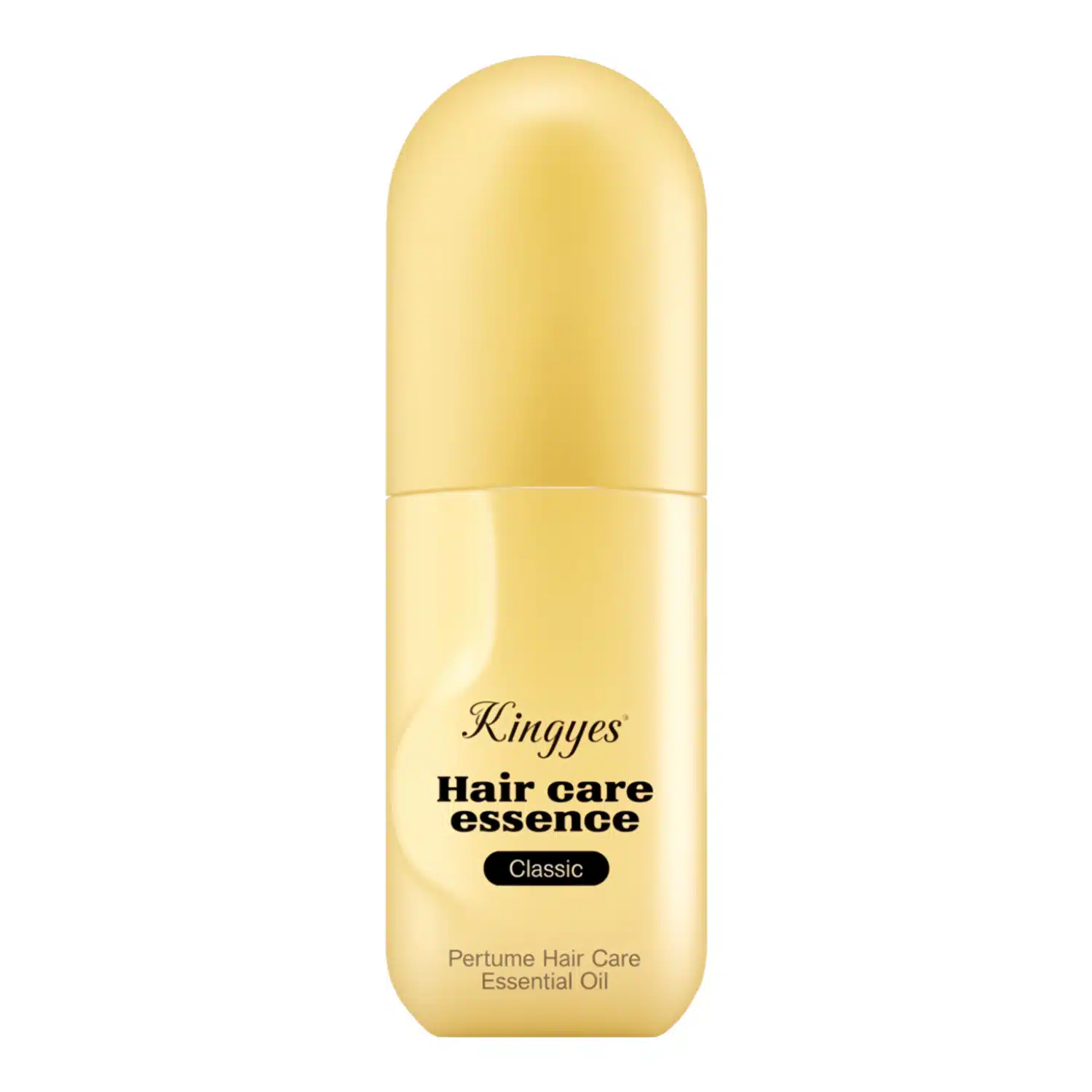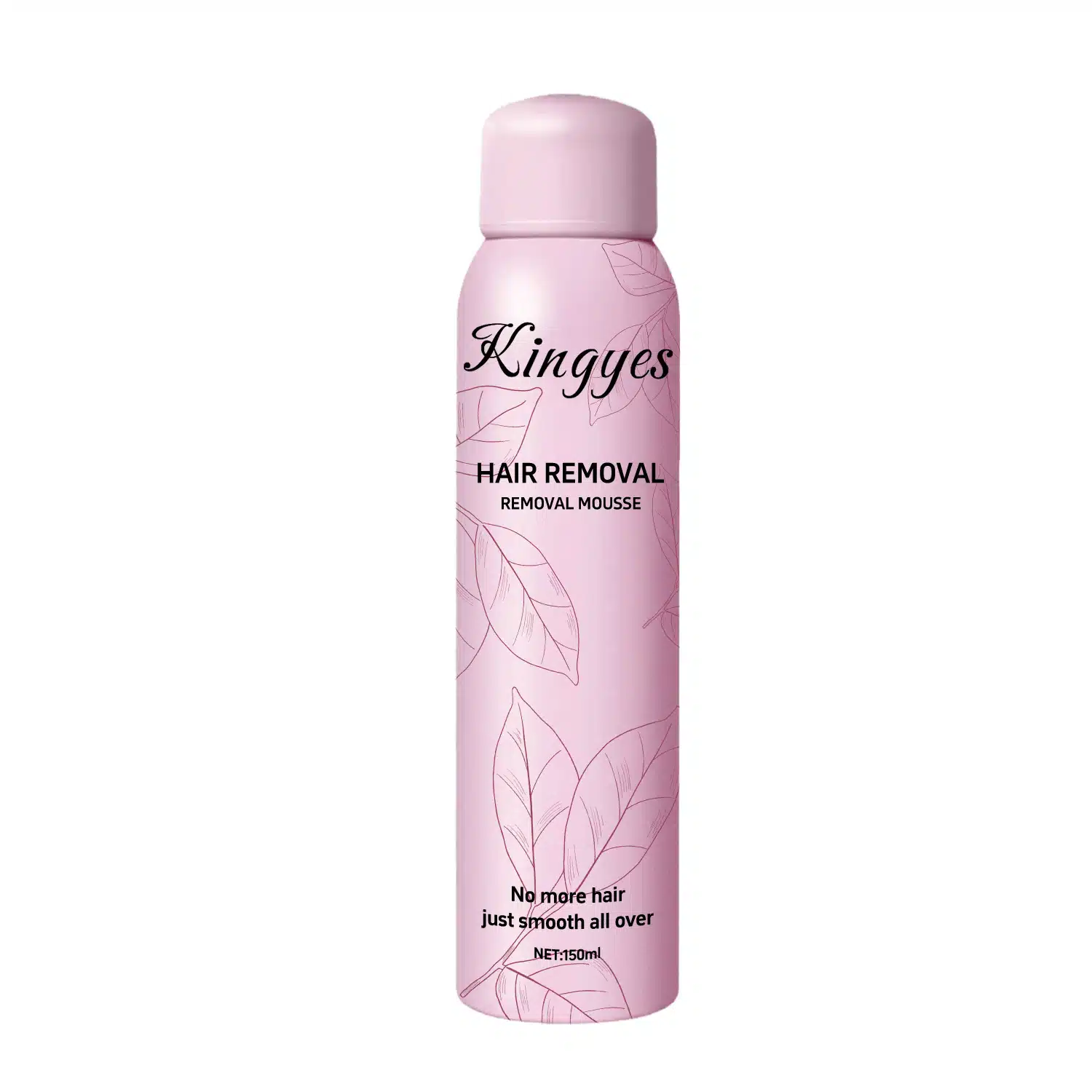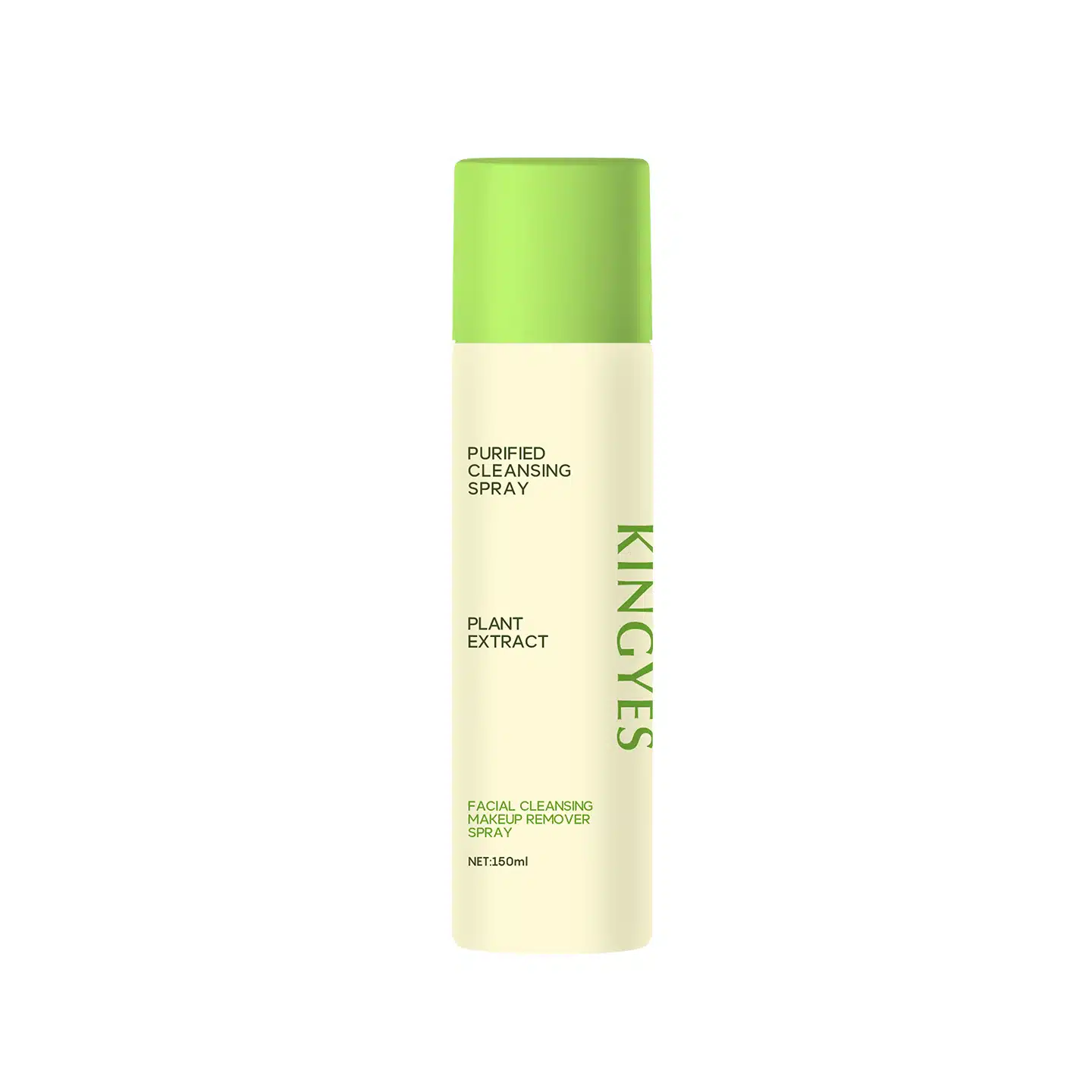
¿Cuáles son las desventajas de engrasar el cabello?
Índice
Aunque los aceites pueden nutrir y suave Pero si te pasas, puedes tener problemas inesperados. En este artículo analizaremos las posibles desventajas de engrasar el cabello y te ayudaremos a tomar decisiones informadas para el futuro. mejor cabello cuidado.
Introducción al engrasado del cabello
Aceite para el cabello es una práctica tradicional que se cree que nutrir el pelo y cuero cabelludo. Aceites como aceite de argán, aceite de cocoy aceite de ricino se utilizan habitualmente para hidrato y añadir brillo. Sin embargo, no todos los tipos de cabello responden de la misma manera al engrasado.
¿Qué ocurre cuando te engrasas el pelo en exceso?
Sensación de Cabello Graso
Aplicar demasiado aceite puede hacer que tu cabello se sienta graso y pesado. Este tacto del cabello suele ser desagradable, sobre todo para quienes tienen pelo fino.
Poros del cuero cabelludo obstruidos
Un exceso de grasa puede obstruir los poros de tu cuero cabelludoque provocan problemas como la caspa e incluso dificultan crecimiento del vello.
Atracción de suciedad y polvo
El pelo graso puede atraer más suciedad y polvo del ambiente, haciendo que tu pelo parezca apagado y sucio.
¿Puede la grasa provocar problemas en el cuero cabelludo?
Atracción de suciedad y polvo
Algunos aceites pueden irritar la cuero cabelludoespecialmente si tienes la piel sensible. Ingredientes aceite mineral o aditivos sintéticos pueden agravar esta situación.
Reacciones alérgicas
Utilizar aceites sin conocer su ingredientes clave pueden provocar reacciones alérgicas, causando enrojecimiento o picor.
Infecciones fúngicas
El engrase excesivo crea un ambiente húmedo en el cuero cabelludoque puede favorecer la proliferación de hongos.
Impacto en los distintos tipos de cabello
Cabello fino
Para los que tienen pelo finoLos aceites pesados pueden apelmazar las hebras y hacer que el cabello parezca plano y sin vida. Optar por ingrávido aceites como aceite de pepitas de uva puede ser mejor.
Cabello grueso
En cabello grueso pueden manejar mejor los aceites, el uso excesivo puede provocar su acumulación y engrasamiento.
Cabello teñido
Los aceites pueden afectar a la longevidad del tinte. Algunos aceites pueden cabello teñido, lo que provoca la decoloración.
¿Atrae el aceite la suciedad y el polvo?
La verdad pegajosa
Los aceites pueden hacer que el pelo se vuelva pegajoso, atrayendo los contaminantes. Esto no sólo afecta a su aspecto, sino que también puede repercutir en salud capilar.
Aumento de la frecuencia de lavado
Puede que tengas que lavarte el pelo más a menudo para combatir la grasa. tacto del cabelloque pueden eliminar los aceites naturales y cabello seco fuera.
¿Existe una forma correcta de aplicar el aceite capilar?
Menos es más
- Utilice una pequeña cantidad de aceite capilar.
- Centrarse en los fines más que en los cuero cabelludo.
Elija el aceite adecuado
- Para cabello seco, aceite de argán o aceite de jojoba puede hidrato sin abrumar.
- Cabello fino beneficios de los aceites ligeros como verbo fantasma ingrávido aceite capilar.
El momento es importante
- Aplicar aceite como prelavado tratamiento.
- Evite dejar aceite en el cabello durante periodos prolongados.
Alternativas a los aceites capilares tradicionales
Aceites nutritivos en spray
Estos ofrecen una fórmula ligera que puede suave cabello sin residuos pesados.
Productos capilares con aceite
Productos como tratamiento moroccanoil combinar aceites con otros ingredientes para tratamiento capilar.
Mezclas de aceites DIY
Cree su propio mezcla de aceites utilizando aceites más ligeros para necesidades capilares.
Preguntas frecuentes
1. Engrasar el cabello, ¿puede provocar su caída?
El exceso de grasa puede obstruir los poros del cuero cabelludo, dificultando potencialmente crecimiento del vello. Es importante engrasar el cabello con moderación.
2. ¿Con qué frecuencia debo engrasar mi cabello?
Para la mayoría tipos de cabelloUna vez a la semana es suficiente. Un engrase excesivo puede provocar incrustaciones y grasa.
3. ¿Qué aceites es mejor evitar?
Aceites pesados como aceite de ricino puede no convenir a todo el mundo. Además, los aceites con aditivos sintéticos o silicona puede causar acumulación.
4. ¿Puedo engrasarme el pelo si tengo el cuero cabelludo sensible?
Es aconsejable realizar primero una prueba del parche. Opte por aceites suaves como aceite de almendras dulces.
5. ¿El aceite ayuda con las puntas abiertas?
Aunque los aceites pueden suave puntas abiertas, no las reparan. Es necesario recortarlas con regularidad.
6. ¿Se puede dejar el aceite en el pelo toda la noche?
Dejar el aceite toda la noche puede obstruir los poros. Es mejor dejarlo unas horas antes de lavarlo.
Conclusión
En engrasado del cabello tiene sus ventajas, comprender la desventajas es crucial. El uso excesivo o incorrecto de los aceites puede provocar cabello graso, problemas en el cuero cabelludo y otros inconvenientes. Si aplicas los aceites correctamente y eliges los productos adecuados, podrás disfrutar de un cabello sano, suave cabello sin los inconvenientes.
Principales conclusiones
- La clave es la moderación: Evite engrasar en exceso para evitar la acumulación de grasa.
- Conozca su tipo de cabello: Elija aceites que se adapten a sus tipo de cabello.
- Centrarse en la aplicación: Aplique los aceites correctamente, centrándose en las puntas, no en el cuero cabelludo.
- Considere alternativas: Utiliza productos ligeros o con infusión de aceite si los aceites tradicionales no te sientan bien.
- Prueba del parche con aceites nuevos: Prevenga las reacciones alérgicas realizando primero una prueba.
Comentarios
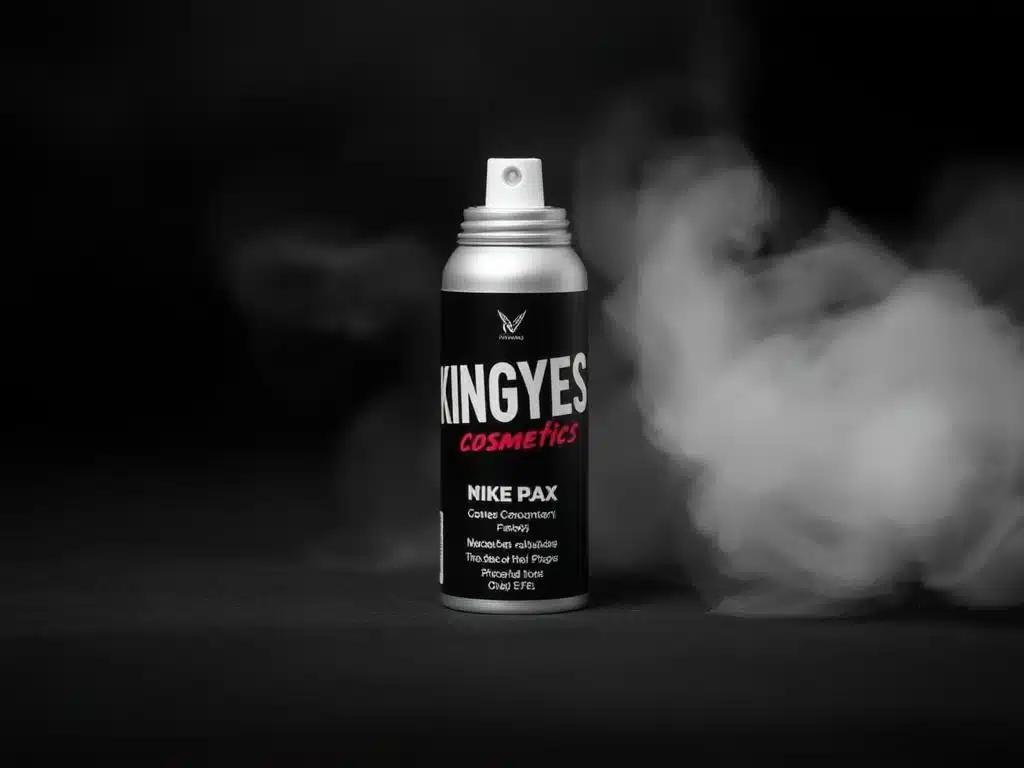
¿Cómo vender cosméticos en Ozon?
Ozon, apodado a menudo el "Amazon de Rusia", es un mercado de comercio electrónico en rápido crecimiento que ofrece una gran oportunidad a las empresas que desean introducirse en el vasto mercado ruso.
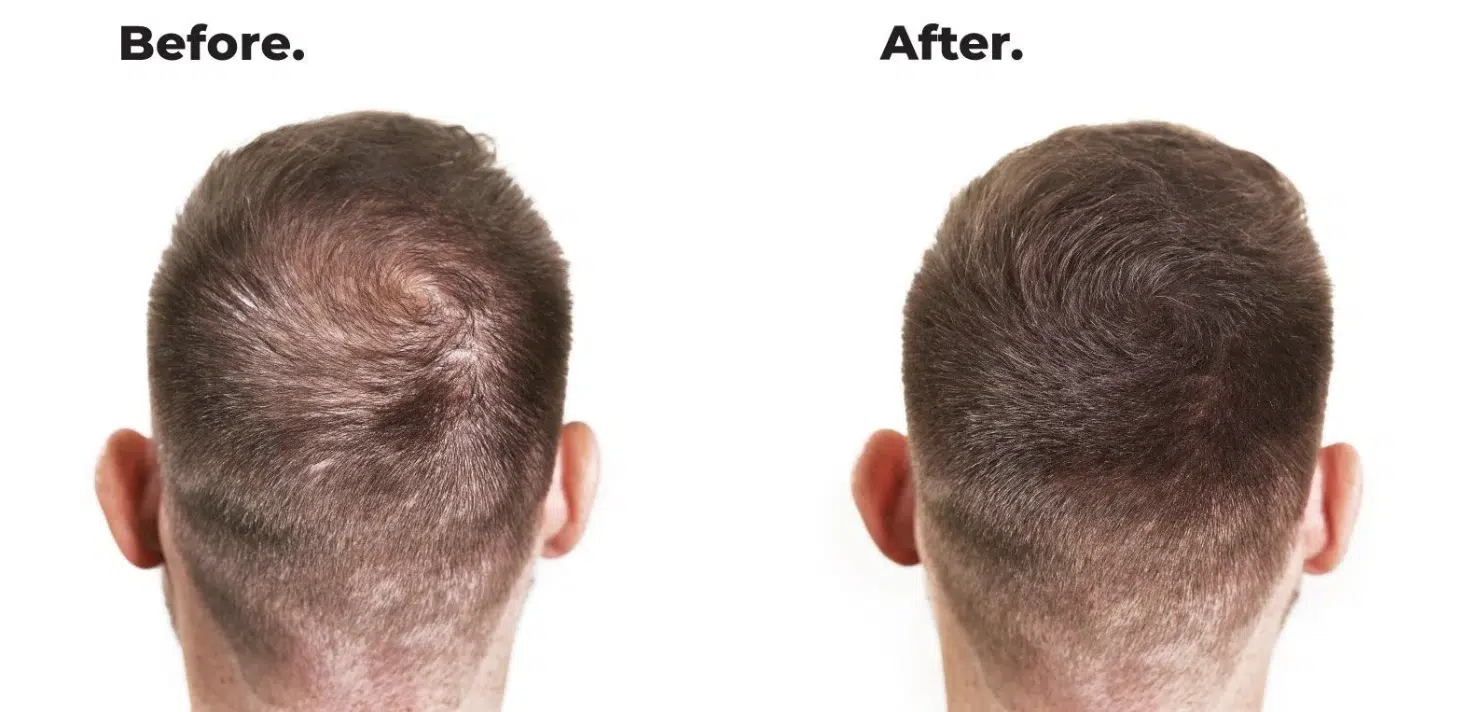
¿Son buenas las fibras capilares para el cabello?
Las fibras capilares han revolucionado la forma de tratar los problemas de debilitamiento del cabello.
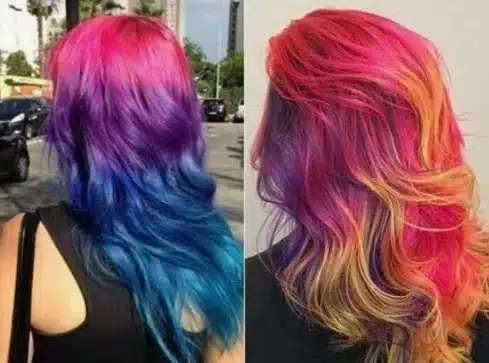
¿Es malo para el cabello el tinte temporal en spray?
¿Has pensado alguna vez en cambiar de color de pelo por un día sin comprometerte mucho?
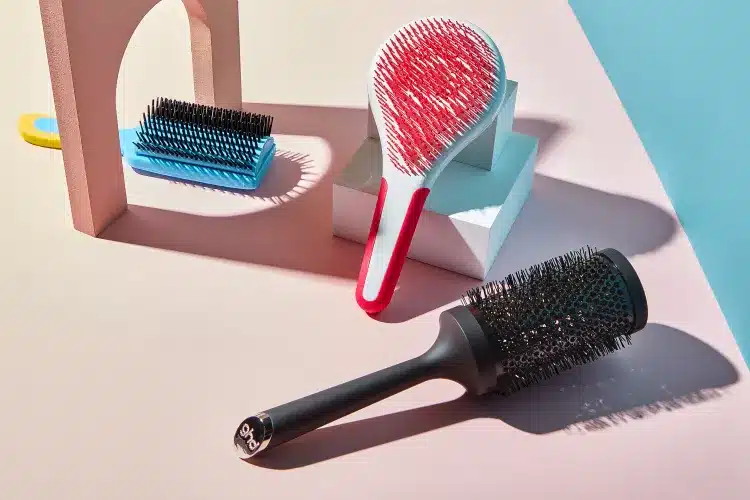
Cómo elegir el cepillo adecuado
Los productos de peluquería son fórmulas especializadas diseñadas para modificar, realzar y mantener el peinado, atendiendo a una amplia gama de tipos de cabello y preferencias de peinado.
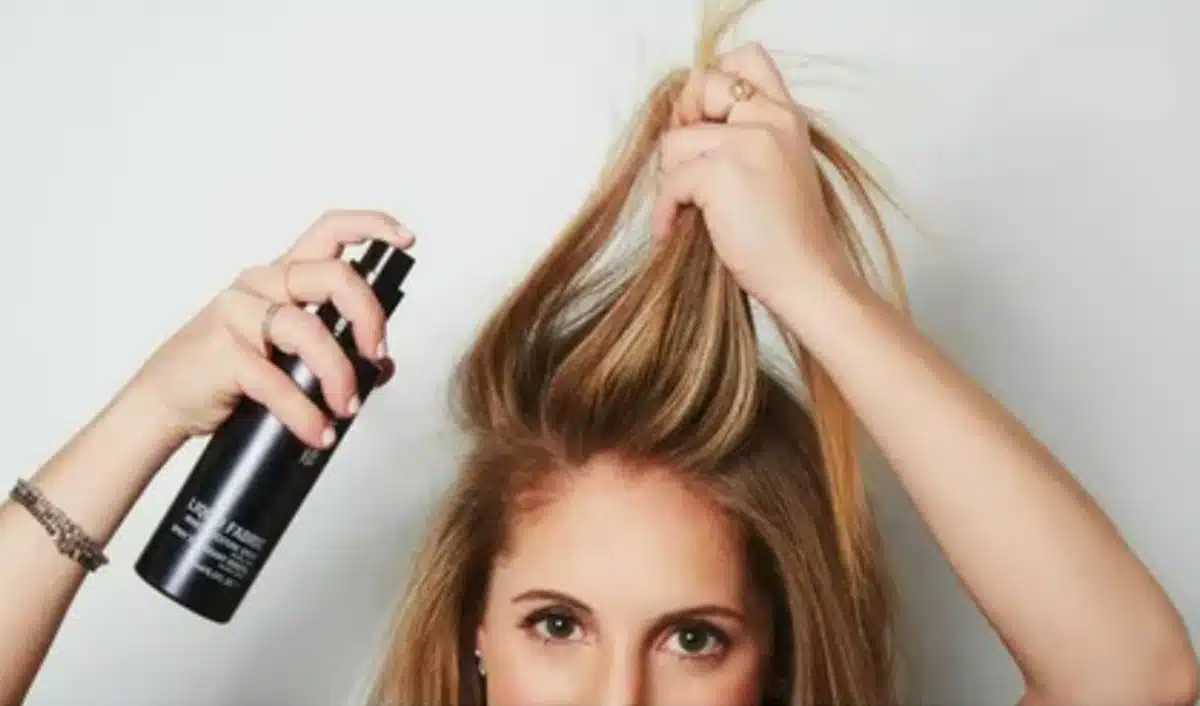
¿Para qué sirve la laca de peinado?
¿Te has preguntado alguna vez cómo mantener tu peinado impecable durante todo el día?
- +86 151 1839 7303
- [email protected]
- L-D 07:00-23:00
Etiquetas

How to Choose a Reliable Cosmetic OEM Manufacturer in China?
If you want to develop a spray it is ESSENTIAL to find a manufacturer, with expertise in this area.
You possess a concept.
Step 4: Comprehend the Rules to Your Property.
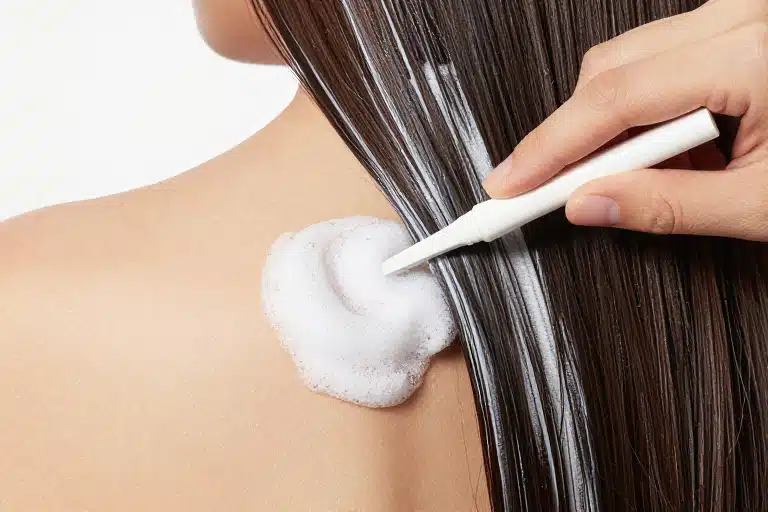
How to Get Hair Dye Off Skin: The Only Guide You Need
Then, you look closer.
There is a spot on your head. It is not hair. It is your skin. It is blue. Or maybe it is red.

How Often Should You Wash Your Hair? The Ultimate Guide
You look at your hair.
It looks flat. It looks dull.
You touch your roots.

